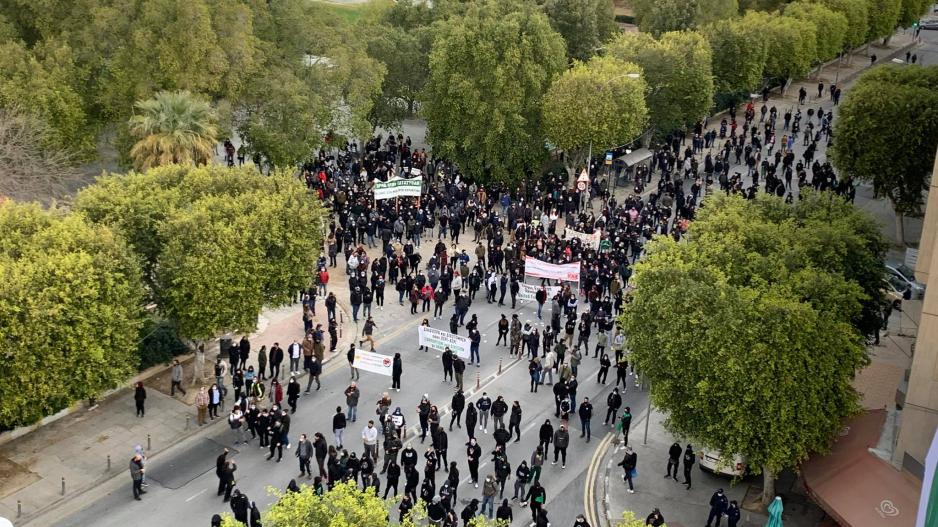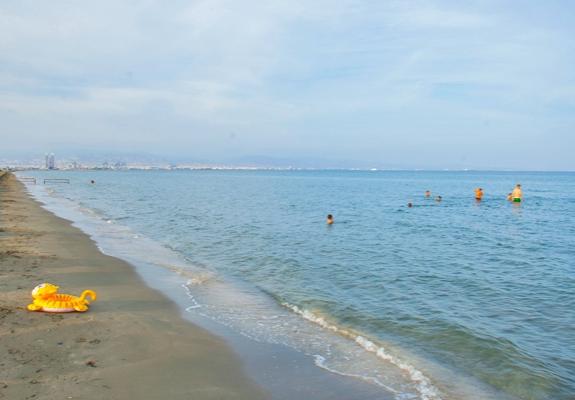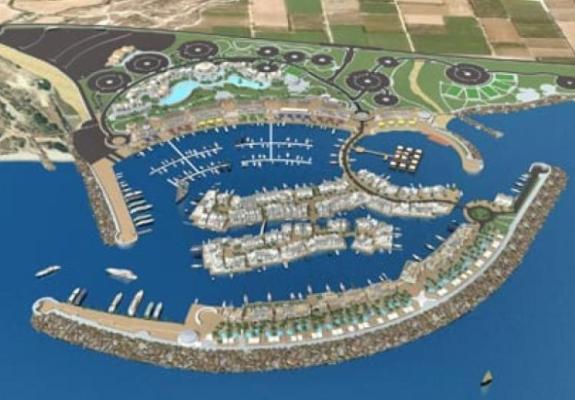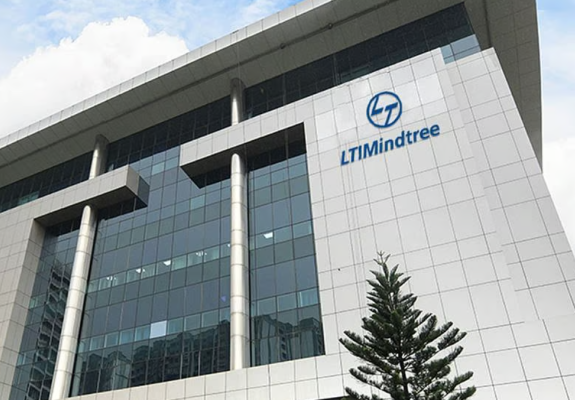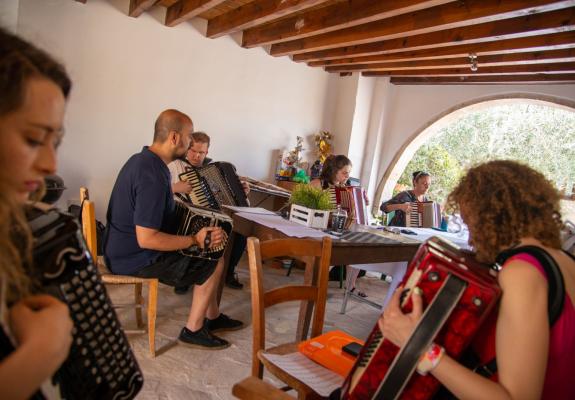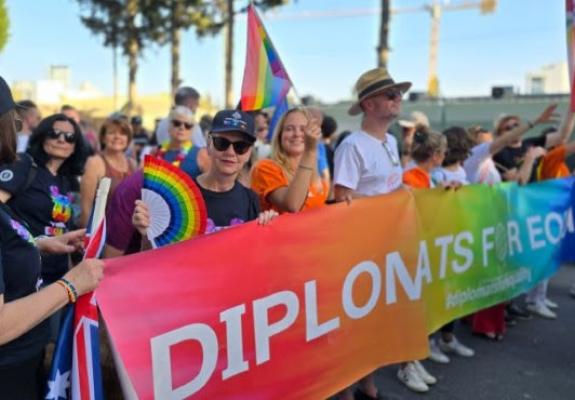Nicosia: Public Discussion on the Growing Threats to the Right to Protest
The event will take place on 24 February 2025, from 18:30 to 20:30 at the Dimosiografiki Estia in Nicosia.
In the wake of the controversial arrests of protesters on 19 January—during a demonstration against state violence targeting migrants—two local organizations, Afoa Cyprus and Far Right Watch Cyprus, have announced a public discussion aimed at examining what they see as escalating police clampdowns and the shrinking space for public protest. The event will take place on 24 February 2025, from 18:30 to 20:30 at the Dimosiografiki Estia in Nicosia.
Organizers say the discussion will address the circumstances surrounding the 19 January demonstration and subsequent arrests, which they consider unjustified, and will provide a broader overview of policing strategies that allegedly infringe on fundamental rights. The event will feature a panel of individuals with direct experiences and academic expertise:
-
Myrto Skouroupathi (Afoa): Speaking about her arrest on 19 January and the charges brought by the police.
-
Chris Mavrou (Far Right Watch): Offering insights into how the police managed the protest.
-
Aris Konstantinidis: Associate Professor of International Law and Human Rights at the University of Cyprus, analyzing international legal frameworks relevant to protest rights.
-
Nikos Trimikliniotis: Professor of Sociology and Law at the University of Nicosia, providing commentary on sociopolitical dimensions and legal implications.
-
Moderator: Andreas Riris.
Following the panel presentations, attendees will have the opportunity to participate in an open discussion. The organizers note that the talks will be recorded and the entire event will be livestreamed on the Facebook pages of Afoa Cyprus and Far Right Watch Cyprus.
This initiative comes amid mounting concern from activists, legal experts, and civil society groups who argue that police actions—both during and after the 19 January protest—reflect a worrying trend of intimidation. Organizers stress that open dialogue and public scrutiny are vital to safeguarding freedom of assembly and ensuring accountability.
